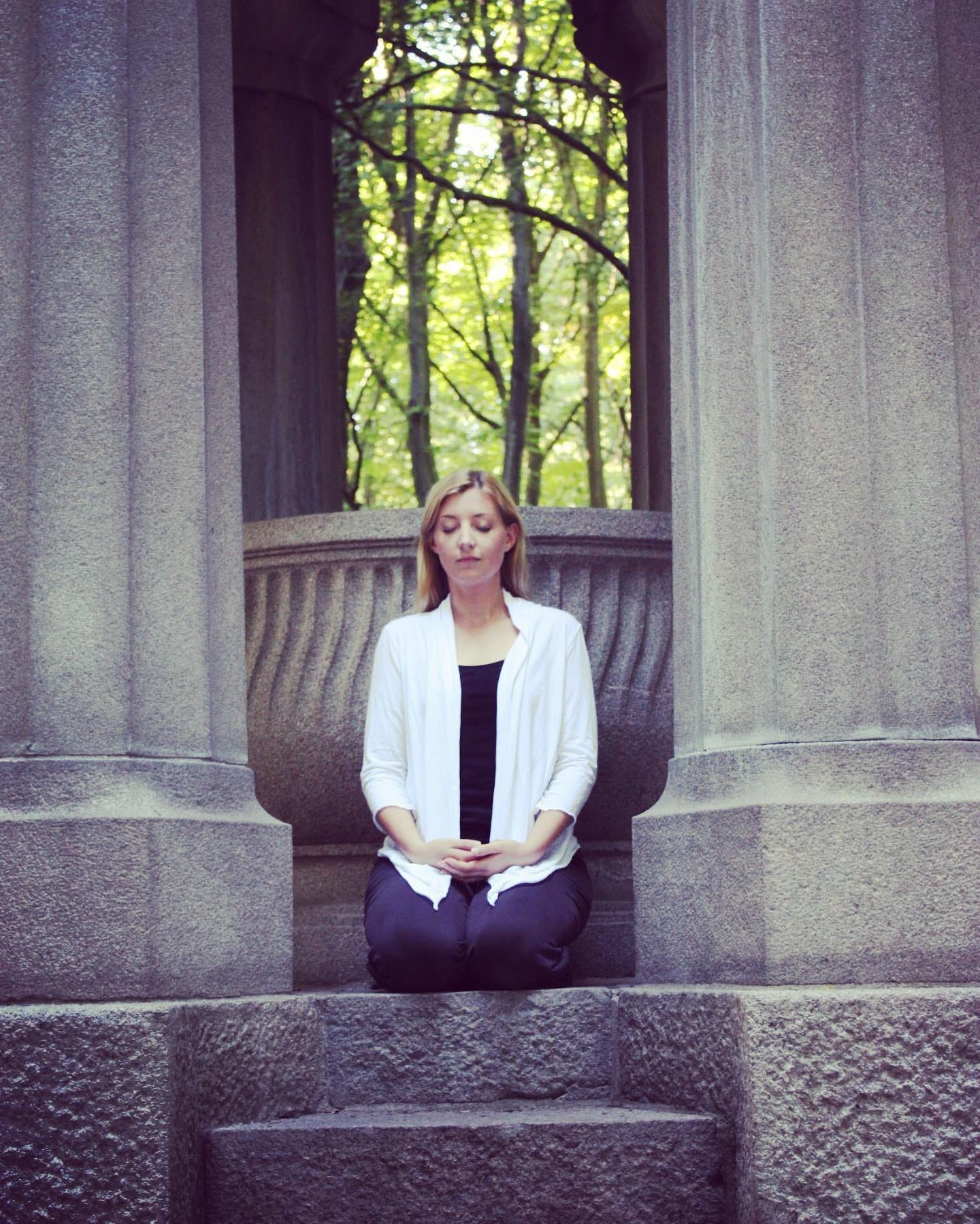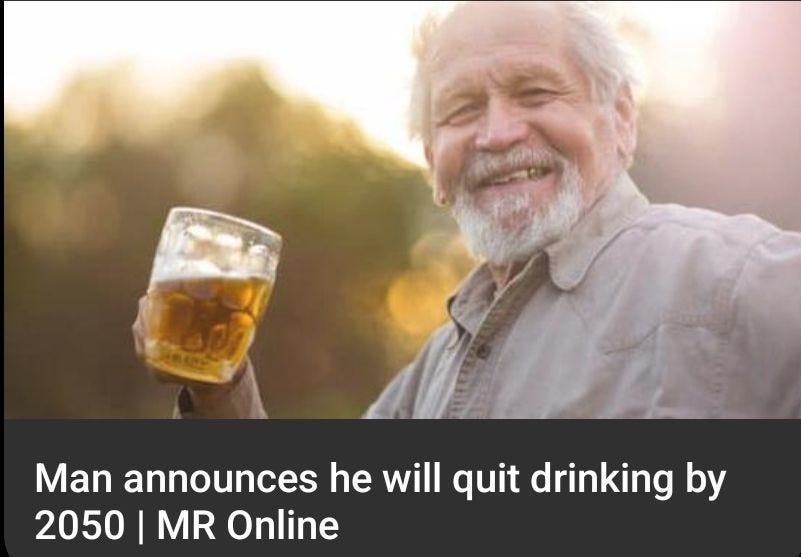A year in the life of Climate Psyched
From the dark side of resilience, through football and yoga, to the importance of shitposting. Looking back at this year's posts.
Welcome back to Climate Psyched, the newsletter where we explore all things psychological, behavioral and emotional related to the climate and ecosystem crises.
I’ve spent the past week with a mix of Christmas celebrations with family and fighting a stubborn flu-like illness, which nonetheless has served as a kind reminder that being well is a gift greater than most other.
In my feverish state I haven’t had the energy to research and write a new text, but I have had time to reflect on this past year, and all the (if I may say so myself) interesting topics I’ve been able to cover in Climate Psyched. The field of climate psychology is expanding, and deepening each day, and I think the second to greatest privilegie of having started this newsletter is that it allows me to explore such a vast variety of issues and research. The greatest privilegie of all is that you read, share and discuss the texts.
Climate Psyched in 2024
In January I wrote about The dark side of resilience, covering research about the potential dangers of individualizing resilience building and relying too much on resilient individuals, forgetting about the importance of collective resilience.
In February, I wrote a long piece with insights from our 3 year project on supporting young people in dealing with climate emotions. Reflections that ponder the questions of whether climate or eco emotions differ qualitatively from other future-oriented umwelt emotions, whether young people’s displayed indifference actually is an expression of hopelessness combined with anxiety, and whether adults need support in dealing with their own emotions before being properly prepared to deal with their students’ and kids’.
The materials and methods from the project is gathered at our Swedish web page, including materials in English. The game that we developed for the project will actually be evaluated in a large research project, starting next year. But more on that later on.
In March I was furious after the Swedish climate minister had expressed that if climate activists really want to make a difference they should get jobs at brown companies and try and green them, influencing from the inside. So I wrote a piece exploring the research on the effectiveness of climate activism, radical flank effects, the activist’s dilemma and much more. (Tl;dr: No, climate activists shouldn’t get fossil jobs instead of engaging in climate activism).
The beginning of April usually marks the start of the Swedish national football leagues, so I took the opportunity to write about one of my special interests: the similarities between the modern hyper commercialized football and the climate crisis, and what the climate movement can learn from the active football supporter movement. It was also an opportunity to show this beautiful tifo made by the local tifo group in Malmö, where I live.

In May it was revealed that Swedish far-right party Sweden Democrats were organizing paid troll factories. Around that same time, a very interesting dissertation was published. It had investigated how how parts of the climate reactionary movement has found its way into partisan politics, partly by establishing own media channels and spreading distrust in legacy media. I wrote a piece called “Help, we live in a troll factory!” summing that up, together with some other highly interesting sources like Eva Illouz book “The emotional life of populism”.
Come June the ever hot issue of what’s the “best thing we can do for climate?” made me write a piece dismantling the one best thing-argument. Different framings for different groups are necessary, different people can make the greatest impact in different ways.
Also in June, and July, I did a very interesting Q&A with researcher and author Dana R. Fisher. We talked about climate activism, how to get people to engage and stay motivated in a seemingly hopeless time - and why collective action is so essential.
I had a summer filled with death, which in August made me ponder life’s unbearable existence of uncertainty, and how tolerance of uncertainty plays into how people act in and cope with the climate crisis.
In September I hosted a yoga retreat for climate engaged people, followed by writing a text I’ve been thinking about for years: whether yoga and other contemplative practices lead to pro-environmental engagement and in what way they can be used as practices that nurture resilience and community.
In October I came across two interesting texts by several female climate scientists that challenges the idea that climate science is neutral and that climate scientists lack emotional responses to the issues they’re studying. I expanded on this, asking “Who will take care of the climate scientists?” , making the case for psychologically safe work environments where climate emotions are encouraged rather than avoided.
Finally in November I wrote an ode to silliness and shitposting in the climate fight - encouraging more focus on what we, as the broad climate movement, wish to encourage and keep building, and less on being in a state of reactivity. It’s still what I wish to bring with me going into the new year: fighting for the things we love, building resilience, allowing more silliness and enjoyment.
Upgrade to paid subscription
A few months back, after numerous pledges, I decided to enable the option of becoming a paid subscriber to Climate Psyched, for those who want to and are in a position to financially support this work. Writing Climate Psyched is a labor of love and one that truly feels important, but it is nonetheless labor that takes a substantial amount of time and effort. If you do become a paid subscriber you will not only make me feel incredibly honored, you will also receive an extra post per month.
Those who’ve become paid subscribers in the past few months have gotten texts about the association between meditation and pro-environmental behavior, why fighting for climate means fighting for fascism, and some fresh new research introducing a framework for categorizing different coping styles for climate emotions: the Climate Anxiety Compass. These posts will continue next year, in addition to the monthly, longer, free text.
Looking towards 2025
There’s no question I think about more than that of how to live, and live well, in a world of ongoing parallell crises and disasters. 2025 will probably be no different, but I hope that in addition to ruminating on that question I will be able to keep taking collective action, build, grow community (and plants!), breathe, laugh and shitpost. Continue the work we do with Klimatpsykologerna (Climate Psychologists).
Climate Psyched will continue on - I have a long TBR-list of research article I long to dig into, as well as a long list of topics I want to explore.
A big part of 2025 will be dedicated to writing, as my colleagues and I last week signed a book contract with Routledge for our next book on Climate Psychology - the first one in English! I’m so very excited about this, and hope that many of you will read it when it comes out in 2026!






Thank you, Frida, for your holistic, open system-thinking addressing the complexities of climate change, symptoms of environmental degradations. You are not only closing the circle of natural and social sciences, also into third dimensions of other disciplines. Because all is interconnected, there is much that can be done for a better tomorrows. Together, we can.